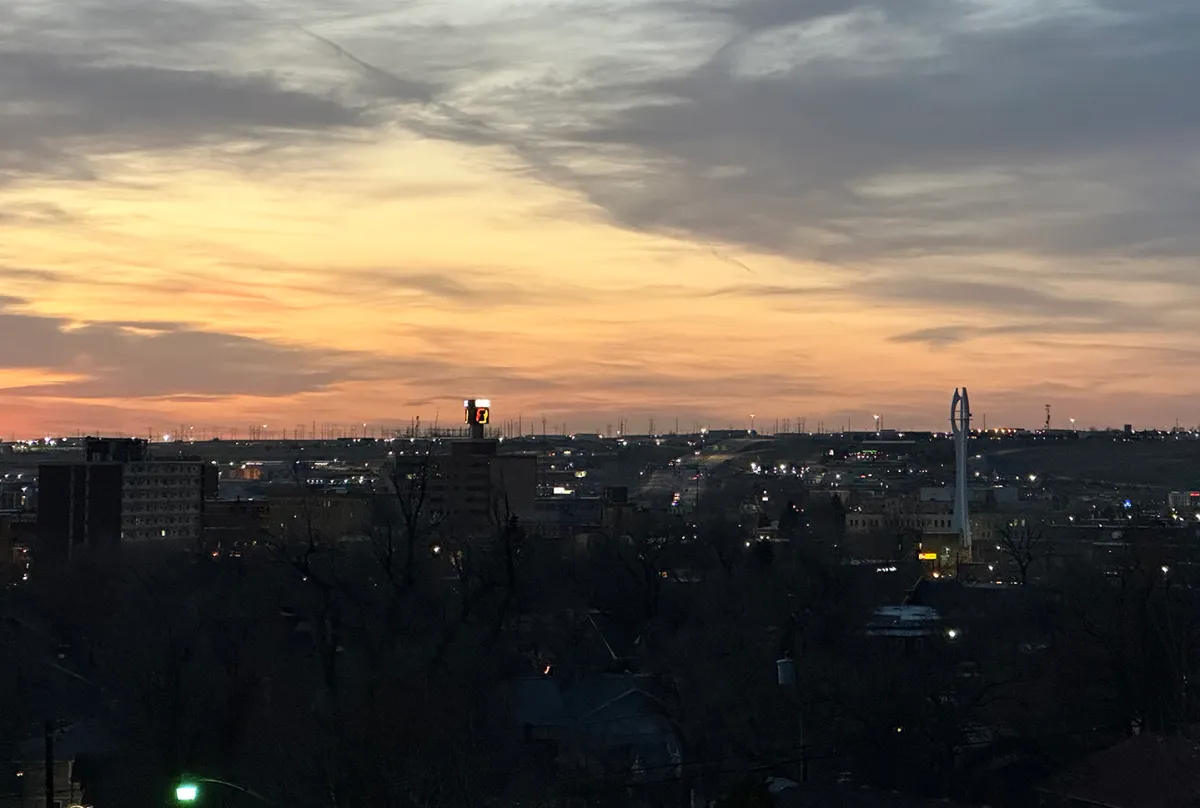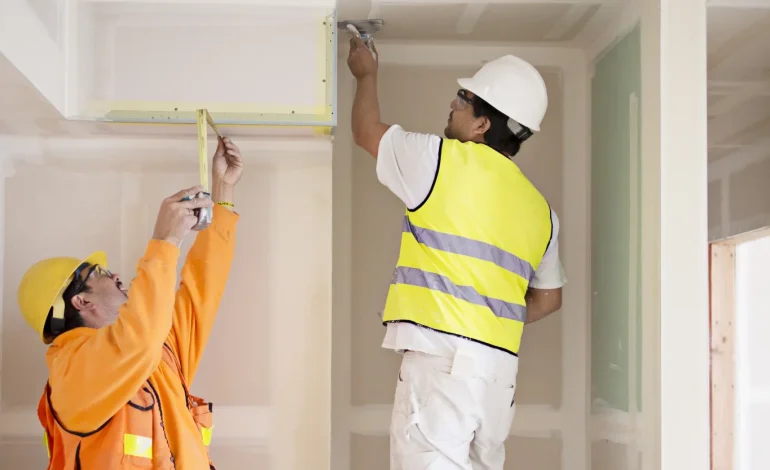Turns out, the safest place to be in the age of AI might not be behind a desk — but on your feet.
Microsoft just dropped a new report looking at how artificial intelligence is reshaping different careers, and guess what? Blue-collar jobs — the ones many folks used to overlook — are now some of the least likely to be taken over by AI.
The tech giant analyzed 200,000 anonymized chats from users of its AI assistant, Bing Copilot, and found that most people were asking AI to help with tasks like writing emails, gathering info, or summarizing documents — stuff that white-collar workers do every day.
So who’s not leaning on AI? People who work with their hands.
Jobs like nursing assistants, dishwashers, roofers, and tire repairers don’t really need help from a chatbot — and that’s exactly why they’re among the most AI-resistant roles.
“AI has dramatically changed white-collar work,” said future-of-work expert Ravin Jesuthasan. “But we’re a long, long way from a robot replacing your neighborhood plumber.”
Even as industries like tech, finance, and professional services report soaring AI adoption (up 12% since 2024, according to Gallup), frontline workers have barely budged. Usage among that group has actually dipped slightly — from 11% in 2023 to 9% in 2025.
Why? Physical jobs are just harder to automate. You can teach a machine to write an email. You can’t easily teach it to fix a leaky faucet, clean a hotel room, or install a windshield.
Here are Microsoft’s top 10 jobs least likely to be hit by AI:
- Phlebotomists
- Nursing assistants
- Hazardous materials removal workers
- Helpers for painters and plasterers
- Embalmers
- Plant and system operators
- Oral and maxillofacial surgeons
- Auto glass installers and repairers
- Ship engineers
- Tire repairers and changers
Jesuthasan also pointed out that blue-collar jobs aren’t what they used to be. Many now involve high-tech equipment, offer strong pay, and come with more stability than many office gigs.
“The old idea of factory work being dirty or repetitive? That’s out,” he said. “Today’s manufacturing and skilled trades are technical, in-demand, and — best of all — safe from AI for the foreseeable future.”
So if you’re thinking about your next move, especially in an AI-heavy world, it might be time to give the trades a second look.
The original story by Sawdah Bhaimiya for CNBC.










The latest news in your social feeds
Subscribe to our social media platforms to stay tuned